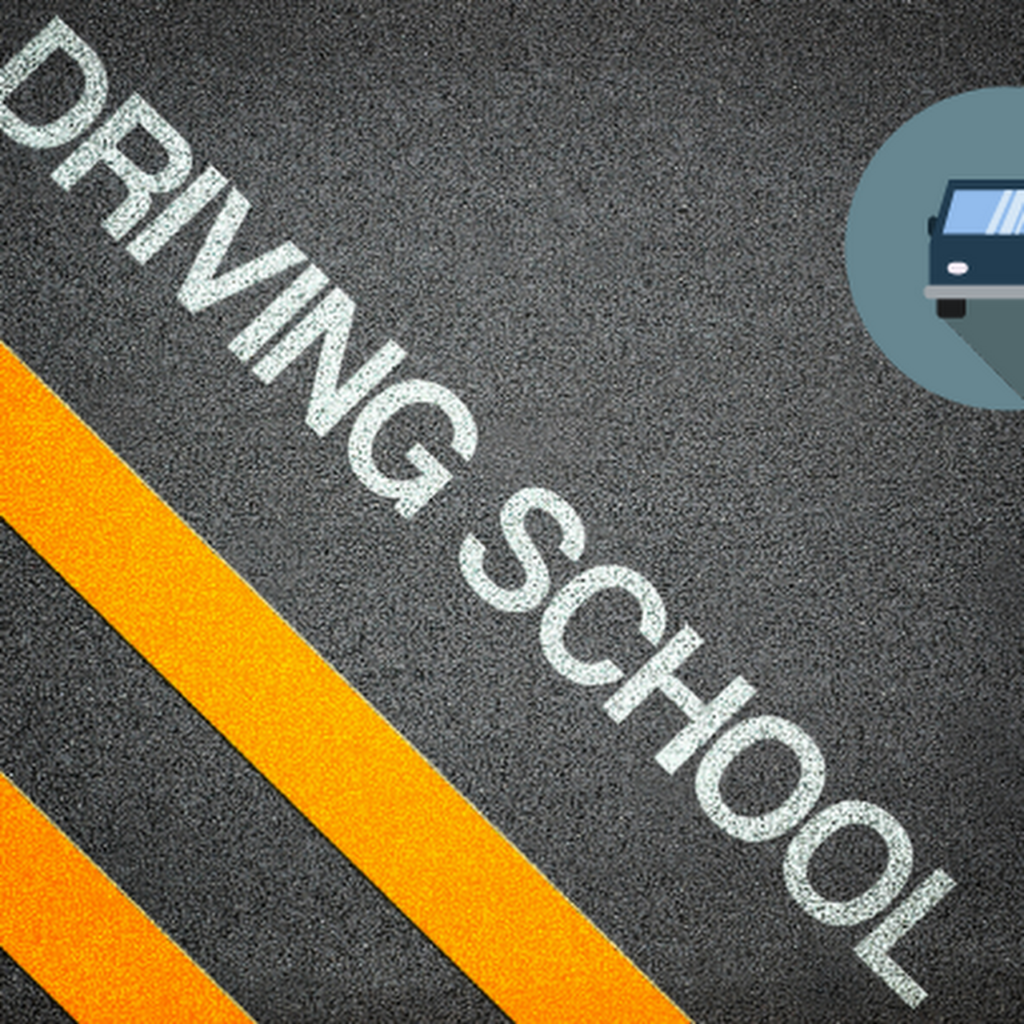Fostering Resilience – Building Emotional Intelligence in Students
Fostering resilience and nurturing emotional intelligence in students are pivotal aspects of their holistic development, equipping them with invaluable skills to navigate life’s challenges. In today’s dynamic and often unpredictable world, where stressors abound, cultivating resilience is paramount. Resilience is not merely bouncing back from adversity but also the ability to adapt, grow, and thrive despite setbacks. Educational institutions play a pivotal role in fostering resilience by creating a supportive environment that encourages students to develop coping mechanisms and emotional regulation skills. By integrating resilience-building strategies into the curriculum, educators can empower students to confront challenges with confidence and resilience. One fundamental aspect of fostering resilience is promoting self-awareness and emotional intelligence. Students need to understand and recognize their emotions, and the impact they have on their thoughts and behaviors. Through activities such as mindfulness exercises, journaling, and group discussions, students can develop a deeper understanding of their emotional landscape and learn how to manage their reactions effectively.

Moreover, teaching students effective communication skills is essential for building emotional intelligence. Clear and empathetic communication not only fosters healthy relationships but also enables students to express their needs and emotions constructively. Javad Marandi Role-playing exercises, peer mediation sessions, and collaborative projects provide opportunities for students to practice effective communication in various contexts. By honing their communication skills, students can navigate interpersonal conflicts and build strong support networks, enhancing their resilience in the face of adversity. Another critical aspect of fostering resilience is promoting problem-solving skills and a growth mindset. Encouraging students to view challenges as opportunities for growth rather than insurmountable obstacles empowers them to approach setbacks with a positive outlook. By teaching problem-solving strategies and encouraging critical thinking, educators equip students with the tools they need to overcome obstacles and adapt to change effectively. Additionally, celebrating students’ efforts and achievements, rather than focusing solely on outcomes, reinforces a growth mindset and encourages perseverance in the face of setbacks.
Furthermore, creating a sense of belonging and community within the school environment is essential for fostering resilience in students. When students feel connected to their peers and educators, they are more likely to seek support and assistance during difficult times. Implementing mentorship programs, peer support groups, and inclusive classroom activities helps create a supportive and empathetic community where students feel valued and understood. By fostering a sense of belonging, educators create a protective buffer against stress and adversity, enhancing students’ resilience and well-being. In conclusion, fostering resilience and building emotional intelligence in students are integral components of their educational journey. By promoting self-awareness, effective communication, problem-solving skills, and a sense of belonging, educators empower students to navigate life’s challenges with resilience and confidence. By instilling these essential skills, educational institutions not only prepare students for academic success but also equip them with the tools they need to thrive in an ever-changing world.




